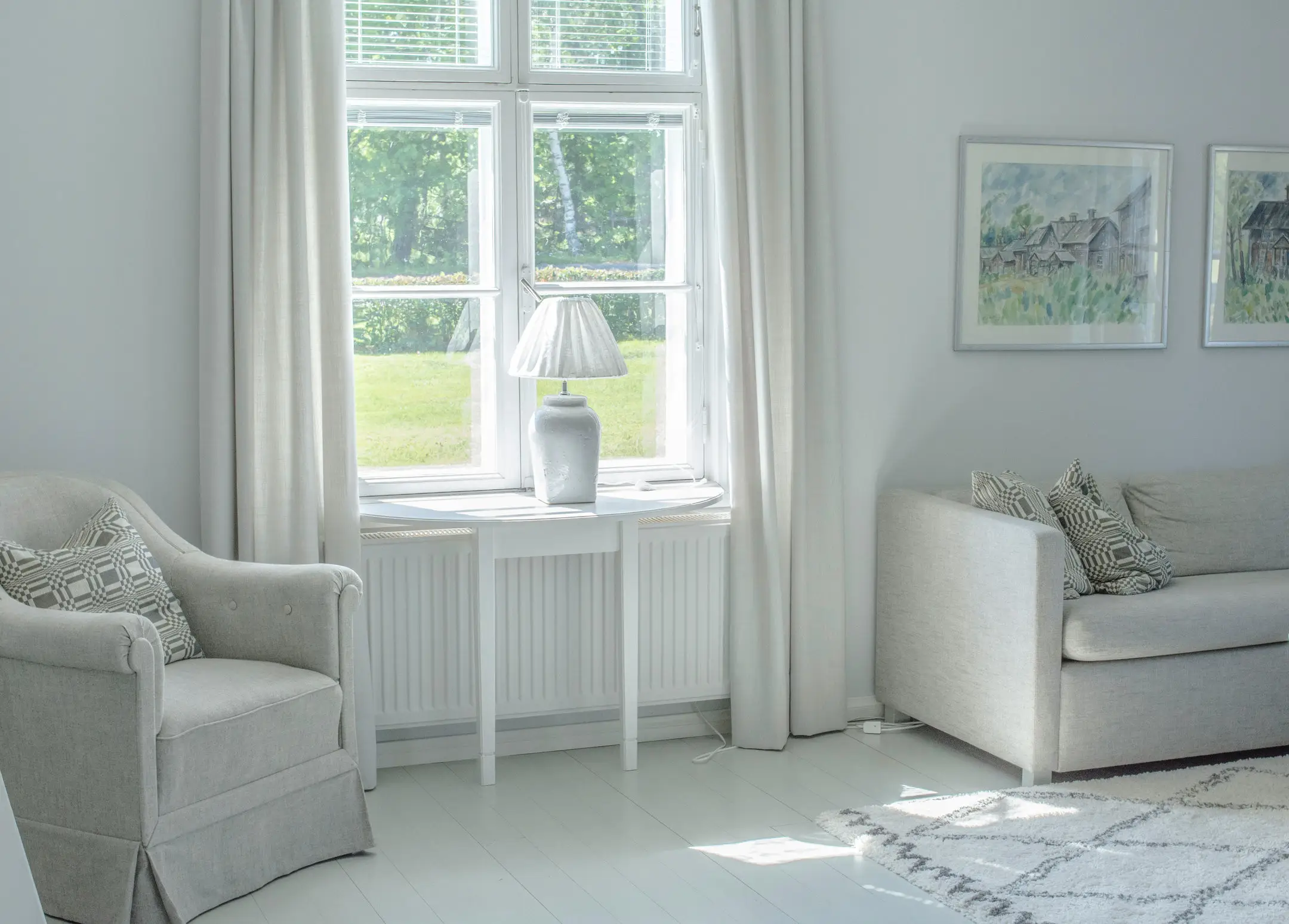
As more and more people flock to major cities around the world every year, affordable housing has become a major issue. Architects and developers alike are seeking alternative solutions, and one company in Copenhagen has come up with an answer.
Research and design lab Space10 has spent the last two years exploring shared living as an alternative to traditional homes and now, alongside Effekt Architects and backed by Ikea, the team is launching the Urban Village Project.
Designed as a modular building system, the project would be pre-fabricated, mass produced and flat-packed to ensure construction costs and impact on the environment are kept low.

Space10 suggests making the homes out of cross-laminated timber, and have researched materials which can be disassembled easily and recycled over the lifespan of the building. This doesn’t just help reduce waste, it also means residents can easily edit and renovate their home over time.
The innovators refer to the project as a form of housing co-operative. Those who live there will form a tight-knit community with shared communal resources to help keep living costs down.
In a press release, the team said, “We seek to finance the construction through partners looking for long-term investments — like pension funds, future-oriented companies and municipalities — and combine it with more democratic setups inspired by community land trusts and co-operatives.

“With significantly lower monthly rents and more disposable income, this unique legal setup would allow residents to buy ‘shares’ in the property—when they want to and when they can.
“This would get rid of expensive down payments upfront alongside interest rates which limit first-time buyers from entering the housing market. Over time, the property would be owned by the community, and residents would be able to cash in on the profits.”
Integrated solutions such as water harvesting, renewable energy, local food production and localised composting will reduce the impact these homes have on the environment.
This vision for cross-generational shared-living communities also tackles another major problem in society — loneliness. By combining private living with shared spaces, residents will be encouraged to interact and socialise more.


